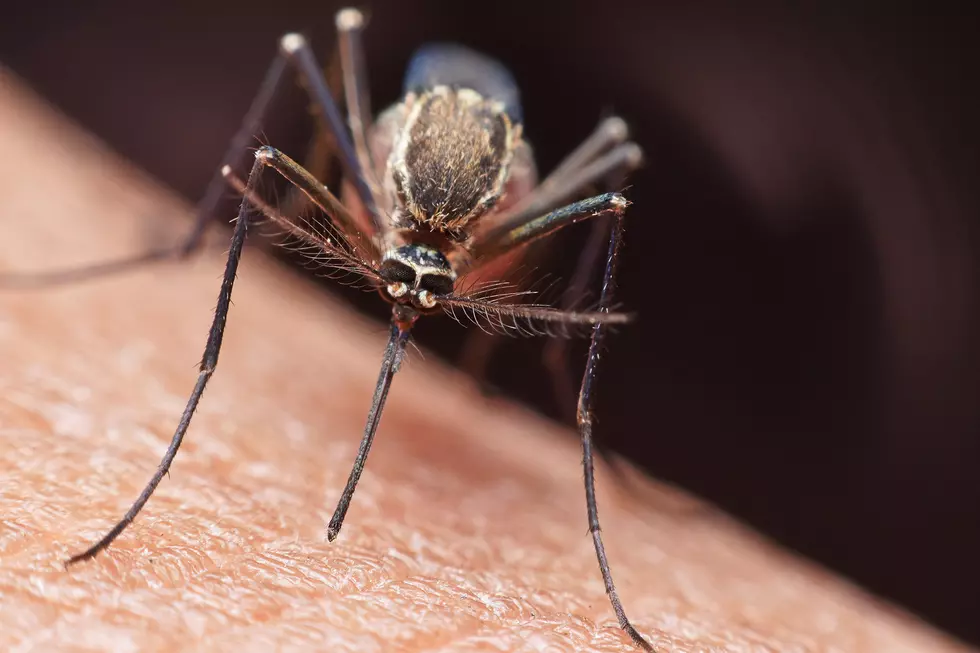
West Nile Virus is the Worst Ever in U.S.
It's all over the news, this West Nile virus outbreak. Texas seems to be the hardest hit, with the community resorting the aerial spraying. This summer, it is the largest ever, with nearly 1,200 cases reported so far to the Centers for Disease Control.
Although we here in Michigan have not been hit as hard as some southern states, Kent County health officials are urging residents to take precautions because we're seeing the second highest number of cases since the disease showed up in the U.S. in 1999.
And this year’s mild winter, warm spring and hot summer create prime breeding conditions for the mosquito species that carries the virus.
In Kent County, five cases of West Nile virus have been confirmed,and about a dozen more people with West Nile symptoms are waiting for test results.
The virus typically shows up first with a fever, headache and body aches. Patients sometimes develop severe headaches and become disoriented, have convulsions and go into a coma. In some cases, it causes death.
As of last Thursday, the state had 24 cases of West Nile virus, and most were reported in southeast Michigan.
Of the cases reported nationwide, almost half were in Texas, the CDC said. Five states accounted for 75 percent of cases: Texas, Mississippi, Louisiana, South Dakota and Oklahoma.
What can you do? Take precaution and protect yourself and your family. The Kent County Health Department recommends the following:
• Use insect repellent when outdoors. Apply repellent to clothing and exposed skin, and follow directions on the product label.
• Don’t apply repellent under clothing, or on cuts, wounds or irritated skin. You should not apply repellent around the eyes or mouth, and if using spray, apply spray to your hands first, and then apply to face.
• Repellent should not be used on infants under 2 months old at all. KCHD recommends putting netting over the infant’s stroller. DEET-containing products should be avoided for children 24 months of age or younger, and those containing oil of lemon eucalyptus should not to be used on children under three years of age.
• When using repellent on children, put it on your hands first, then on the child. Children tend to put their hands in or near their mouths, so don’t apply repellent to a child’s hands.
• After you and your children get back indoors, wash off the repellent with soap and water, and wash treated clothing before wearing again.
• At home, be sure you are not making it easy for mosquitoes to breed. Make sure to eliminate any standing water. Twice a week, empty water from birdbaths, flower pots, swimming pool covers, buckets, barrels, and cans. Make sure rain gutters are clear of debris. Throw out old tires and other items that could collect water.
• Avoid areas where mosquitoes are likely to be, such as wooded areas or swampy land.
More From 100.5 FM The River









